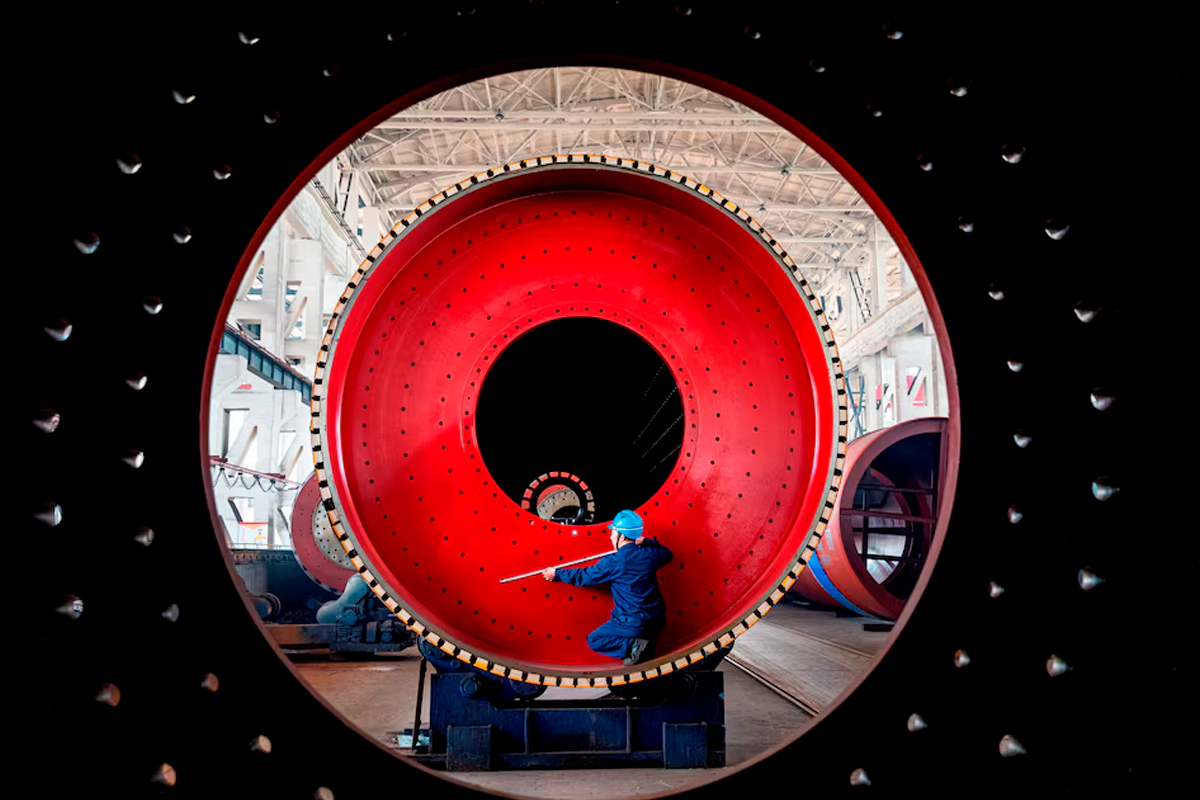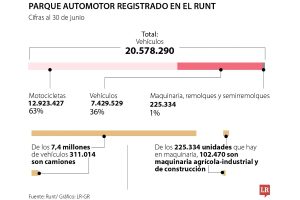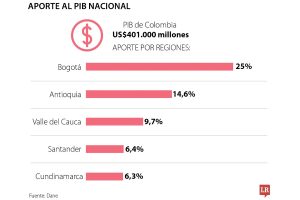U.S. President Donald Trump’s tariffs are increasingly clogging up the wheels of a world economy which for decades were greased by predictable and relatively free trade.
Big-name multinationals right down to niche e-commerce players last week cut sales targets, warned of job cuts and reviewed their business plans, while major economies revised down growth prospects amid bleak data read-outs.
While financial markets are betting the U.S. and China will pull back from an all-out trade war and that Trump will cut deals to avert higher tariffs on others, the sheer uncertainty of where this ends has become a major drag factor in itself.
“U.S. tariff policy is a serious negative shock for the world in the near term,” said Isabelle Mateos y Lago, group chief economist at French bank BNP Paribas.
“The US tariffs end-game may be further away and at a higher level than previously thought,” she said of blanket US tariffs currently set at a baseline of 10% alongside higher, sector-specific charges on products such as steel, aluminium and autos.
Beijing said on Friday it was evaluating an offer from Washington to hold talks over 145% U.S. tariffs, to which it has responded with 125% levies. Trump’s administration has also suggested it is close to deals with countries including India, South Korea and Japan to avert more tariffs in weeks to come.
In the meantime companies such as Swedish appliances maker Electrolux (ELUXb.ST), opens new tab slashed its outlook while Volvo Cars (VOLCARb.ST), opens new tab, computer gadget maker Logitech (LOGN.S), opens new tab and drinks giant Diageo (DGE.L), opens new tab abandoned their targets on the uncertainty.
SILVER LINING
The tariff outlook prompted the Bank of Japan to cut its growth forecasts last week, while trade tensions were cited by forecasters in growth outlook downgrades for the Netherlands and the Middle East and North Africa (MENA) region.

While the official measures of activity in top economies are still catching up with the downbeat mood, it is surfacing in the closely-watched surveys of purchasing managers at factories around the world.
China’s factory activity contracted at the fastest pace in 16 months in April, one such survey showed last week, while a similar UK readout showed British factory exports last month shrinking at their sharpest pace in almost five years.
Economists were quick to caution that a stronger-looking read-out from export-focused Germany might largely be due to factories front-loading business to get it out of the door before the tariffs took effect.
However, while front-loading may also have helped India to a 10-month high in manufacturing growth in April, analysts noted the country – which faces lower tariffs than China and towards which Apple (AAPL.O), opens new tab has shifted some output – could end up a genuine winner.
“India is well positioned to be an alternative to China as a supplier of goods to the US in the immediate term,” emerging markets economist Shilan Shah at Capital Economics said, predicting punitive tariffs on China were “here to stay”.
The silver lining could be that this reduces inflationary pressures and so will give central banks elsewhere greater scope to boost the economy with interest rate cuts – something the Bank of England is seen taking advantage of this week.
Información extraída de: https://www.reuters.com/world/china/global-economy-already-feeling-drag-trump-tariffs-2025-05-05/






